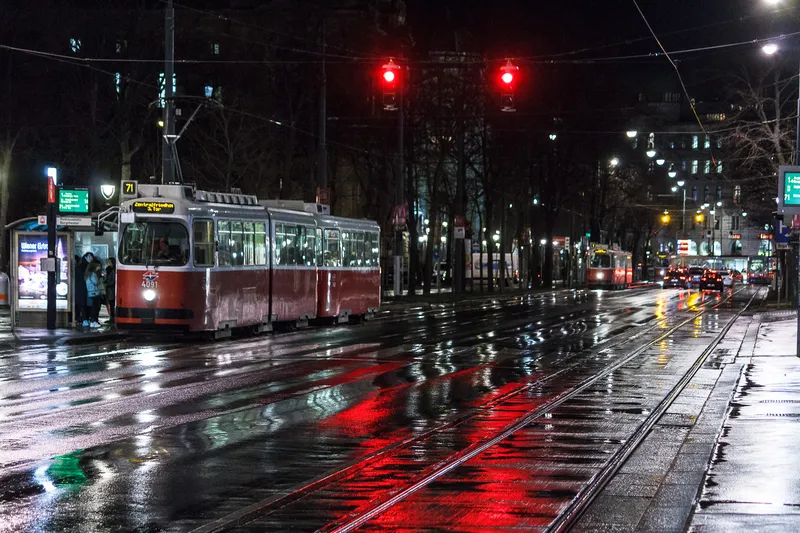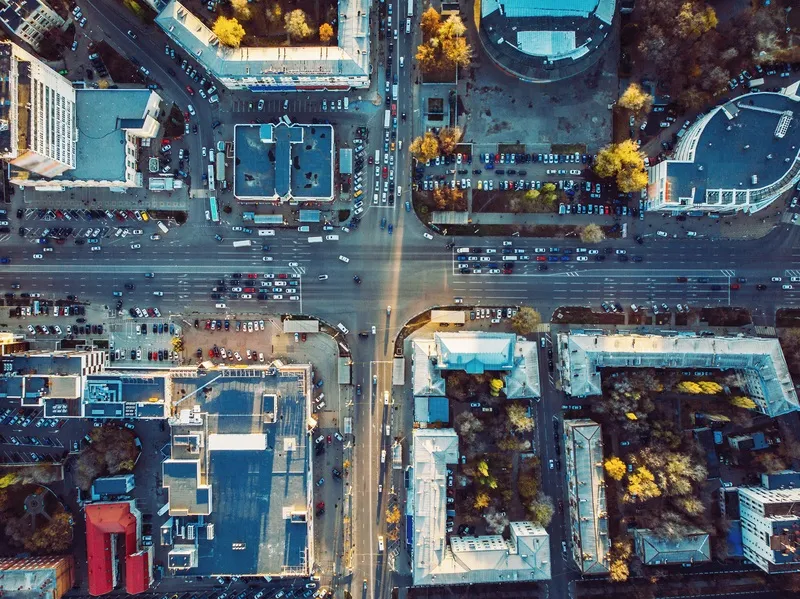
Austria will expand and refine its KlimaTicket Ö concept, which offers national transit travel, by introducing regional variations from the beginning of 2022.
Effectively a yearly subscription offering access to public transportation, the 'climate ticket' is aimed squarely at getting people out of private cars and onto more environmentally-friendly modes.
The KlimaTicket Ö, launched last month, allows users to ride all scheduled services (public and private rail, city and public transport) in a specific area for a year, regional and nationwide, for €1,095 per year.
From January, more regional variations will come into force: for instance, the KlimaTicket Salzburg, which covers all public transport in the state of Salzburg, costs €365 per year.
"The KlimaTicket Ö is more than just your ticket for all public transport, it is also the ticket with which we aim to reach the Paris climate goals together," the organisation says in a statement.
"Public transport is the climate-friendly alternative to motorised individual transport. The more you participate, the better it is for the climate. That is why the KlimaTicket Ö is uncomplicated and affordable."
Discounts are available for younger and older travellers, and there are also family tickets.










